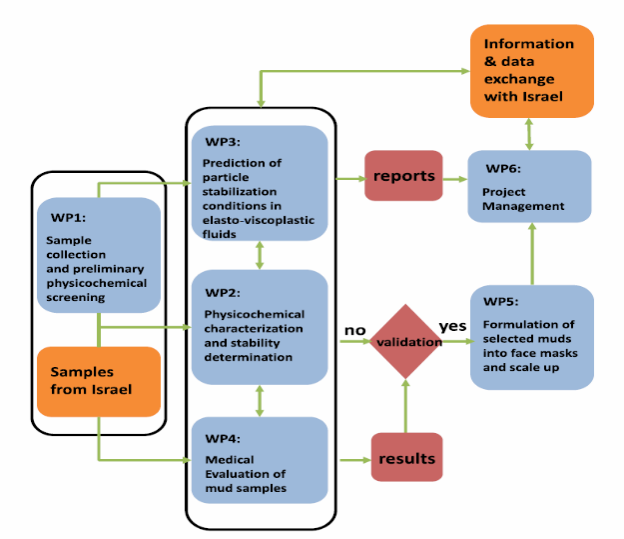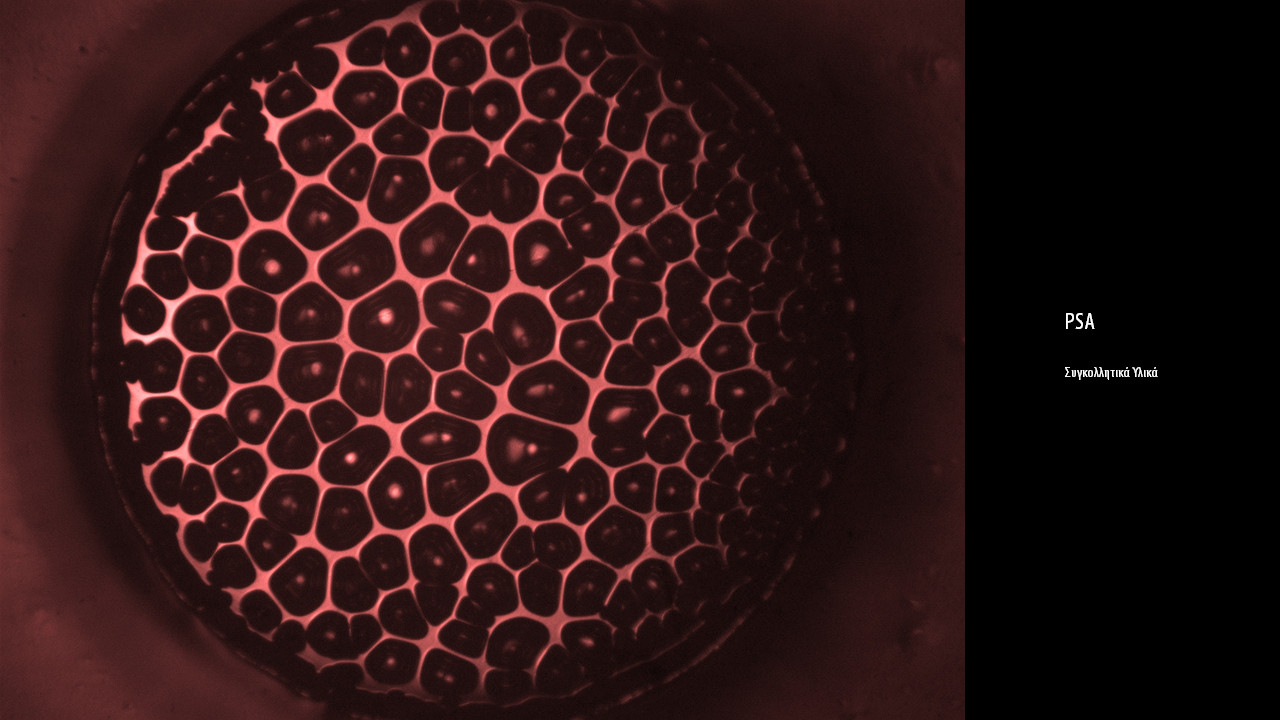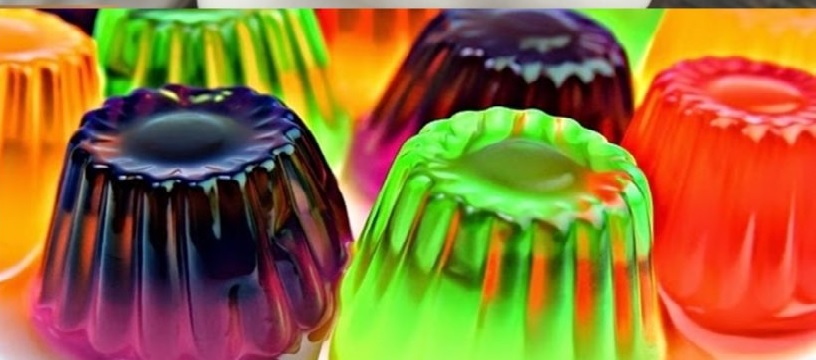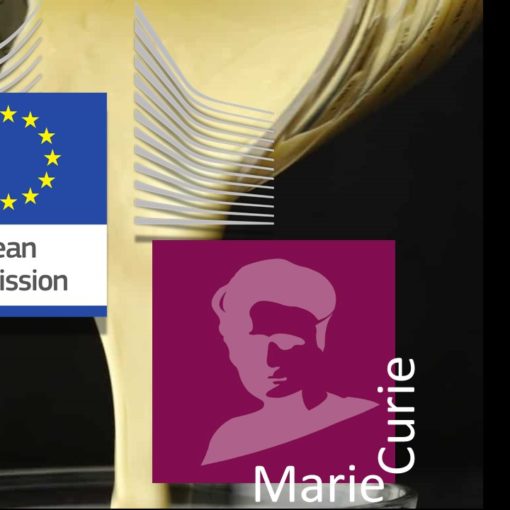Physicochemical and biological characterization and improvement of natural muds to produce high added-value products (PHARMAMUDS)
R&T Cooperation between Greece and Israel (NSRF 2013-2015)

Greek-side Project Coordinator: Konstantinos Gardikis (APIVITA SA)
Greek-side Scientific Coordinator: Ioannis Tsamopoulos (University of Patras)
Israeli-side Project Coordinator: Liora Chitron (Anna Lotan Ltd)
participants:
APIVITA SA (Project Coordinator)
University of Patras (Scientific Coordinator)
University of Athens
Anna Lotan Ltd
Technion
Project Meetings Project Results
Project Description: Technological problem and main research goals
Mud is one of the most often used natural materials for preventive, healing and cosmetic reasons. Although mud has been used since the antiquity, little light has been shed on its physical, chemical and biological properties. Besides the lack of information concerning its chemical composition, mud demonstrates significant physicochemical stability issues. The main problem is the phase separation between aqueous and solid phase, which makes its use difficult a short while after storage. This fact limits the application of mud in the areas nearby its origin and its incorporation in high added value formulations. Furthermore, the biological activity of mud, although well accepted, has never been scientifically proven. The main goals of this coordinated research effort are:
a) Characterization in terms of chemical composition of widely used muds from different areas of Greece and Israel,
b) Stabilization of these muds over time and simultaneously theoretical examination of some of the open fundamental questions related to particle(s) motion in a visco-elasto-plastic fluid,
c) Proof and promotion of their biological properties, and
d) Formulation of selected muds into face masks and scaling up the process.
In this way, mud will improve its potential to reach a wide range of people in need of its beneficial properties through its incorporation into cosmetic product forms.
Dead Sea mud from Israel is a better-known and established material. On the contrary Greek mud, although it has been used since antiquity and is currently being used for mud baths at SPAs in different areas of Greece, it has remained unexplored scientifically and technologically. The unique advantage of Greek muds is their variable chemical composition, which is responsible for a variety of beneficiary activities. Therefore it is a challenge to investigate the composition of mud from different areas of Greece. The mutual interest of both companies in the project lies on the physicochemical instability of mud independent from its origin, a fact that makes its formulation and further exploitation rather difficult. The collaboration with the Chemical Engineering Department in the University of Patras is of utmost importance due to the unknown structure, physicochemical complexity and stability problems of the material, while the collaboration with the Medical school of the University of Athens is equally important because of the need to characterize its most relevant biological properties. Although muds from Israel and Greece are expected to differ in composition, the transfer of knowledge between all partners (Universities and Industry from Greece and Israel) is of crucial importance for the successful completion of the project.
APIVITA is a leading cosmetic company in Greece and demonstrates very significant sales worldwide in that area. As Greek mud is almost completely unexploited, it is certain that developing face masks with specific properties and incorporating mud as active ingredient will improve the competitiveness of APIVITA SA in the field. APIVITA face masks exhibited in 2012 an annual turnover of approximately 3 million euros, a fact that justifies the cost effectiveness of the investment even for the sustainability, if not the growth, of the company in the field. The market share of APIVITA combined with the fact of the rapid expansion of APIVITA in hotels & SPAs as well as the opening of new APIVITA stand-alone stores around the world strengthens the need for investment in new mud applications. It is certain that upon successful completion of the project, i.e. in early 2016, APIVITA will have at least 2 new face masks in the global market containing Greek mud.
Overview of project workflow

Project Meetings Project Results



